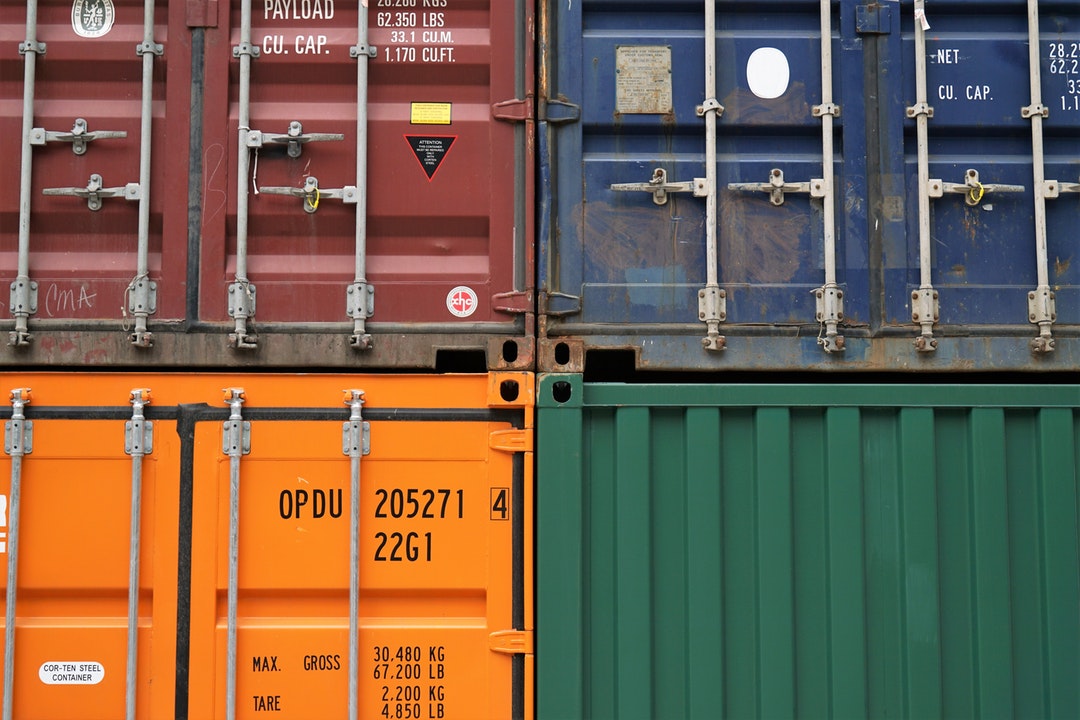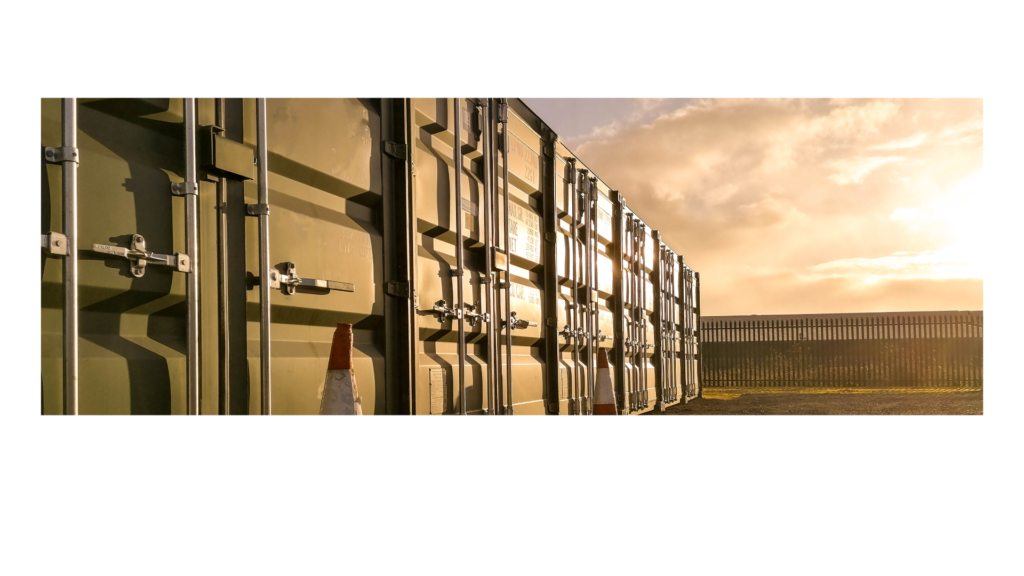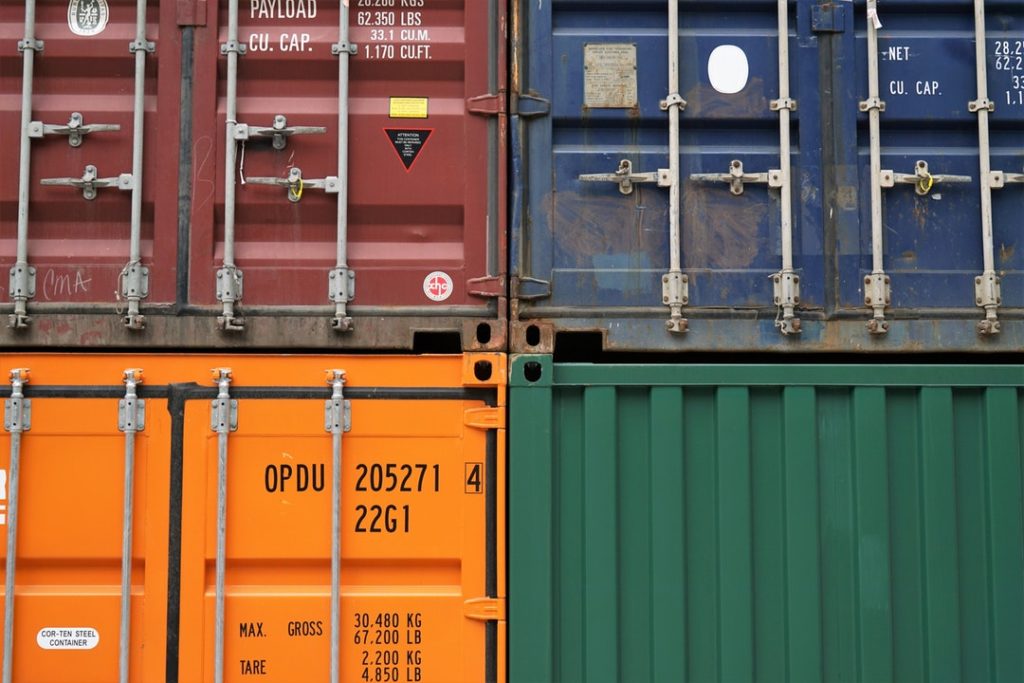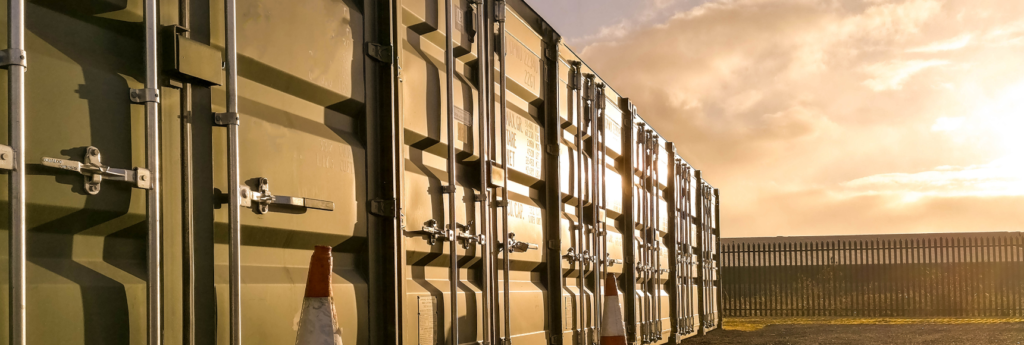
How Much Do Refrigerated Storage Containers Cost?
Refrigerated storage containers, also known as “reefers,” are vital for businesses or individuals needing to store perishable goods at specific temperatures. Here’s a comprehensive guide to help you make an informed decision:

Determine Your Needs
- Size and capacity:
- 10-foot: Ideal for small businesses or personal use.
- 20-foot and 40-foot: Common for commercial purposes, suitable for larger storage needs.
- Custom sizes: Some suppliers may offer tailored sizes based on specific requirements.
- Duration of use:
- Short-term rentals: Good for events or seasonal requirements.
- Long-term rentals or purchases: Best for businesses that have a continuous need.
Features to Consider
- Temperature range: Ensure the unit can maintain the specific temperature your goods require, from deep freezing to just cool.
- Insulation: Good insulation will maintain temperature better and reduce electricity costs.
- Control features:
- Adjustable thermostat: Allows for precise temperature control.
- Remote monitoring: Helps in tracking temperature and system health from a distance.
- Power source: Most units use electricity, but ensure you have the right voltage and frequency.

Check the Condition (especially if used)
- Age of the container: Older containers might be less efficient and more prone to wear.
- Physical condition: Look for signs of rust, damaged seals, or faulty machinery.
- History: Ask about previous usage, maintenance records, and any past issues.
Cost Considerations
- Purchase vs. Rental: Renting might be more cost-effective for short-term needs.
- Energy efficiency: An energy-efficient unit can save significant money in the long run.
- Maintenance & repair costs: Consider warranties or service agreements that can offset these costs.
Compliance & Certifications
- Industry standards: Ensure the container meets necessary industry regulations for storing food or medical supplies.
- Eco-friendly: Some modern units are more environmentally friendly in terms of refrigerant use and energy consumption.
Delivery & Setup
- Delivery costs: Some suppliers may charge extra, especially for distant locations.
- Setup & installation: Check if the supplier assists with setting up and ensuring the unit is functioning correctly.
Additional Features
- Shelving and interior configurations: Can help in organizing stored items efficiently.
- Security features: Locks and alarms to protect stored goods.
- Lighting: Useful for accessing goods in low light conditions.

After-Sale Services
- Warranty: Ensure there’s a decent warranty period.
- Maintenance services: Some suppliers offer regular check-ups or maintenance services.
- Customer support: Reliable customer support can be invaluable if you encounter problems.
Before finalizing your decision:
- Read reviews or ask for testimonials.
- Compare quotes from different suppliers.
- Ensure that you’re well aware of any hidden charges or terms and conditions.
Investing time in research can ensure that you get a refrigerated storage container that perfectly fits your needs and offers value for money.
How Much Does a Refrigerated Storage Container Cost?
The cost of a refrigerated storage container can vary widely based on several factors, such as its size, age, condition, and any additional features it might have. Here’s a breakdown to give you a rough idea:
1. Cost to Buy:
New Containers:
- 10-foot: Typically range from $9,000 to $14,000.
- 20-foot: Prices can vary from $19,000 to $34,000.
- 40-foot: These larger units usually range from $40,000 to $80,000 or more, depending on features.
Remember, these prices can fluctuate based on brand, quality, and any additional modifications or customizations.
Used Containers:
- 10-foot: Can range from $5,000 to $8,000.
- 20-foot: Typically found between $10,000 to $22,000.
- 40-foot: Generally cost from $20,000 to $50,000.
Used container prices depend heavily on their condition, age, and how well they have been maintained. Sometimes, older containers might need repairs or retrofitting, which can add to the initial cost.
2. Cost to Rent:
Renting a refrigerated storage container is often a more affordable short-term solution. The prices can vary based on the rental duration and location. On average:
- 10-foot: From $260 to $500 per month.
- 20-foot: Usually ranges from $300 to $640 per month.
- 40-foot: Typically between $500 to $1,400 per month.
Some providers might also offer daily or weekly rates, especially for events or short-term needs. Keep in mind that there may be additional charges for delivery and setup, as well as potential energy costs for running the unit.
Other Considerations:
- Energy Costs: Operating a refrigerated container requires electricity. Energy-efficient models may have higher upfront costs but can save money in the long run.
- Maintenance: If you’re purchasing, consider maintenance costs. While many new containers come with warranties, regular maintenance can extend the lifespan of both new and used units.
- Resale Value: Quality refrigerated containers can have a decent resale value, especially if maintained well.
In conclusion, the decision to buy new, buy used, or rent depends largely on your specific needs, the duration for which you require the container, and your budget. It’s advisable to get quotes from multiple providers and consider the long-term costs, not just the upfront ones.
Refrigerated Storage Container: An Overview
A refrigerated storage container, commonly referred to as a “reefer,” is a durable, temperature-controlled container designed to store or transport perishable goods that need to be kept at specific temperatures. These containers can either be stationary or used for transportation on ships, trains, or trucks.
Common Uses:
- Food Storage and Transportation: Fresh fruits, vegetables, meat, dairy, and other perishable food items require refrigeration to prevent spoilage during storage or transportation.
- Pharmaceutical Storage: Some medicines and vaccines require strict temperature control to remain effective.
- Chemical Storage: Certain chemicals need to be stored at low temperatures to maintain their stability.
- Event Catering: Large-scale events or festivals often require refrigerated containers to store large quantities of food and beverages.
- Cold Storage during Power Outages: Businesses can rent refrigerated containers during power failures to prevent spoilage of perishable goods.
- Seasonal Storage Needs: Some businesses, like those selling ice cream or cold drinks, might need additional cold storage during peak seasons.
Features to Look For:
- Temperature Range: Depending on the goods, you may need deep freezing capabilities or just refrigeration. Check if the unit can maintain the specific temperature you require.
- Size & Capacity: Reefers come in various sizes from 10-foot to 40-foot containers, and even custom sizes. Choose based on your storage needs.
- Insulation: High-quality insulation is crucial to maintain temperatures and reduce energy consumption.
- Control Features:
- Adjustable Thermostat: For precise temperature control.
- Remote Monitoring: Allows users to track temperature and other parameters remotely.
- Energy Efficiency: An energy-efficient unit will be more cost-effective in the long run.
- Security Features: Look for units with robust locking systems or alarm features to ensure the safety of your stored goods.
- Durability & Condition: Especially if purchasing a used container, ensure there are no signs of rust, and the machinery functions well.
- Compliance & Certifications: Ensure the reefer meets the necessary industry standards, especially if storing sensitive items like food or medicines.
- Additional Amenities: Some modern units come with shelving, interior lighting, or specific interior configurations to enhance usability.
When considering a refrigerated storage container, it’s essential to balance your budget with the features you need. Investing in a high-quality unit can prevent losses due to spoilage, making it a critical asset for many businesses.


